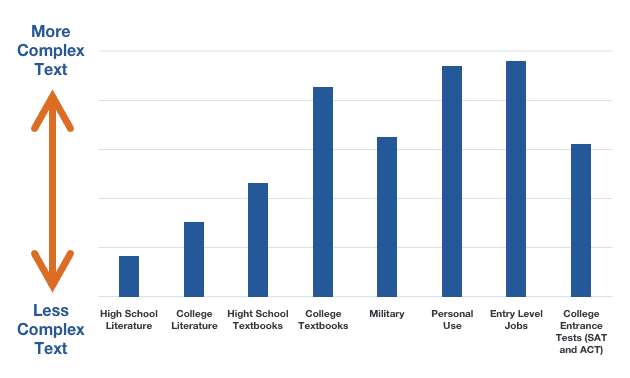Why are reading and literacy so important?
“Mom, why do I have to learn this?!” Ever heard that? Who of us hasn’t? Sometimes it’s hard to answer, but when it comes to learning to read well, it’s easy.
Reading is an important building block in preparing our children for life. It may not seem that way in this age of videos, audiobooks and social media, but reading is still a critical skill for all of us. A good foundation will prepare our children for success in all aspects of their life!
Research has shown that adults with high school level literacy skills get better jobs, have higher income and are healthier than those with lower skills.
(National Assessment of Adult Literacy)
We need to read well in order to manage family life, learn new things and do higher-level jobs.
Think about what you read in a typical week:
-
News, blogs and books
-
Medicine and nutrition labels
-
Instructions from your doctor
-
Public health messages
-
Bus schedules
-
Notices and forms from school
-
The instructions on the box of mac and cheese
You may do a lot of this reading on your phone, but it is still text that you need to understand and it can get pretty complex! (Think about all the public health messages about COVID-19 this past year–yikes!)
How well do we need to read?
It may seem like once a child knows how to read, they are all set. But reading a chapter book is a far cry from understanding how to stay safe after reading your state’s pandemic guidelines. The key is learning to read texts that get more complex each year of school.
Let’s look at the level of reading that people need as adults. This graph compares the reading complexity needed for different kinds of life activities:

(Graphic adapted from Metametrics)
Notice that even personal use and entry-level jobs require you to read at a higher level than a typical high school textbook. So you can see why it’s important for kids to keep up with grade-level reading.
What if my child is having a hard time with reading?
Many children struggle with reading, and it’s hard to see your child going through this! But there is a lot you can do! Learn some strategies to try in My Child Struggles with Reading. How Can I Help?
Adults too can learn to read better. If you feel self-conscious about your own reading skills, you are not alone! (Over 40% of American adults have only basic literacy skills that do not prepare them enough for the demands of daily life.) But there are adult education programs where you can improve your skills. To find a program near you, go to the National Literacy Directory. Many are free and offer classes and tutoring at flexible times to fit with adults’ busy lives.
Want to learn more? Take a look at our full Guide: What to Do If Your Child Struggles in School. This was written for Louisiana, but most of the information applies to kids from anywhere!
Sources: National Assessment of Adult Literacy (NAAL), MetaMetrics, Inc.




